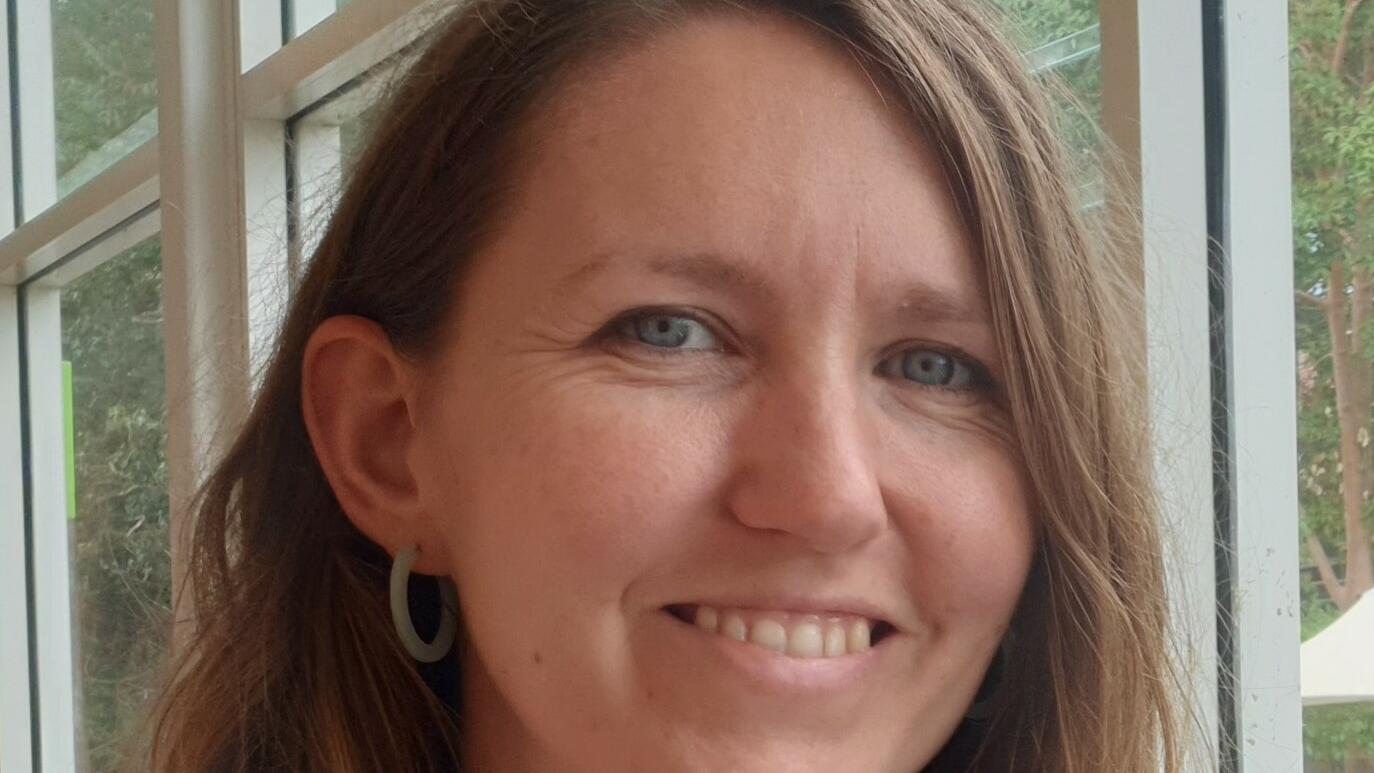
The Director’s Catalyst Fund (DCF) was launched in 2016 with the support of donations and aims to support early stage projects and innovation for early career researchers. Every year the fund supports high-quality research projects that are relevant to LSTM research strategic priorities , by providing pump-priming for new and innovative ideas and projects. Awardees receive mentorship and support from senior academic colleagues, giving LSTM the chance to nurture talent and the research stars of the future. The early career academics recently recognised for DCF funding and support, are listed below. We wish them success in their ongoing careers and hope this is an opportunity they can capitalise on.
Director’s Catalyst Fund (DCF) awardee: Rebecca Nightingale
Rebecca studied breathless patients referred to a “long COVID” clinic in Liverpool. She looked at how many had gas transfer in their lungs, if ongoing symptoms related to gas transfer abnormality, and whether a dynamic X-ray detected gas transfer abnormalities. Long Covid potentially affects 35% of people who have had COVID-19 disease. Many people experience symptoms of being short of breath or having a high heart rate even at rest. It is not fully understood why this is. Rebecca’s study uses breathing tests to assess how well oxygen gets from the lungs into the blood stream, in people with long COVID and without. It aims to find out whether symptom severity is linked to the results of the breathing test, and to explore if a modern type of chest X-ray (dynamic X-ray) can help diagnose why patients are breathless.
Director’s catalyst Fund (DCF) awardee: Stefanie Menzies
Stephanie set up an animal-free monoclonal antibody discovery and maturation pipeline to accelerate new therapies and diagnostic tools for neglected tropical diseases.Antibodies can be used to treat or diagnose diseases. Creating these antibodies typically requires the use of lab animals, but animal-free alternatives are now possible. An antibody display library is being used - millions of yeast cells each display a unique antibody. We will test which antibodies interact with a relevant disease-specific protein or ‘target’, to identify the antibody with the strongest interaction. This antibody will be randomly mutated to identify better-performing mutants. The top performing antibodies will be tested for their ability to recognise or inhibit the target and further developed as treatments or diagnostic tests.
Director’s catalyst Fund (DCF) awardee: Laura Brettell
Laura uses insect-specific viruses to block transmission of mosquito borne viruses.Mosquitoes transmit viruses that can be pathogenic to humans, like dengue and Zika viruses (ZIKV). Low-and middle-income countries (LMICs) bear the brunt of this. Mosquitoes can also be infected with viruses that cannot infect vertebrates. These insect-specific viruses (ISVs) are interesting to the vector community as they can change how human-pathogenic viruses replicate. The mosquito virome is largely uncharacterised and few ISVs have been explored. Laura’s work aims to detect and isolate novel ISVs from mosquitoes, testing their ability to reduce replication of ZIKV in cell culture.
Director’s catalyst Fund (DCF) awardee: Wesam Mansour
Wesam’s work explores and addresses workplace sexual harassment (WSH) in the health sector in Egypt. Workplace sexual harassment negatively impacts women both physically and psychologically, causing job dissatisfaction, absenteeism, higher turnover, and poor service delivery. Having an adequate, supported, and productive workforce is critical to maintaining quality healthcare; central to this is ensuring the safety of female health workers (FHWs). This mixed-methods study explores WSH in healthcare organisations in Egypt, using self-administered questionnaires, in-depth interviews with FHWs, and key informant interviews with stakeholders. It aims to identify priority interventions to address WSH in a future participatory action research ‘participatory action research’ (PAR) study.
Director’s catalyst Fund (DCF) awardee: Shannon Quek
Shannon identified the presence of several novel RNA viruses infecting parasitic filarial nematodes. These nematodes, such as Wuchereria bancrofti, Brugia malayi or Onchocerca volvulus, cause serious public health issues and while treatments are available, the interactions between human host and parasite are not fully understood. Influence on nematode biology, distribution within nematode tissues and populations, and potential to cause disease in the nematode or human host, are all unknown. Shannon’s project intends to characterise these viruses, their impact on nematode biology and viability and develop the foundations for investigations into their potential role in filarial disease in humans.